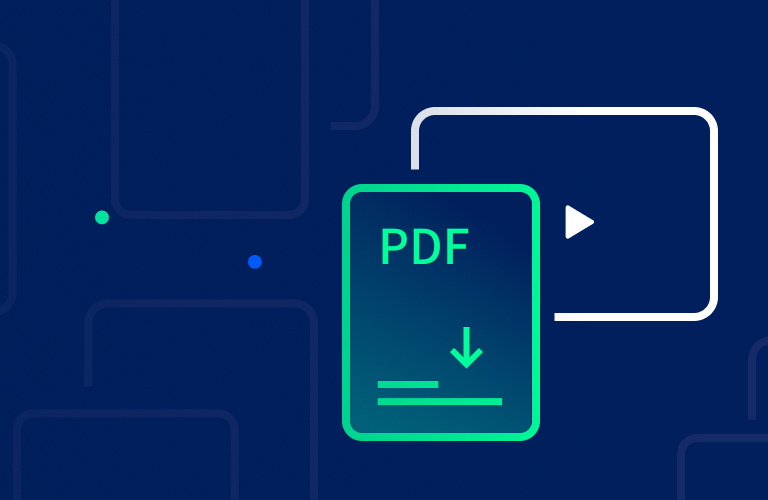NanoNet
NanoNet is an efficient deep learning tool specifically designed for small protein modeling, particularly suitable for structural prediction of small molecules like nanobodies. Its unique model architecture is optimized for the characteristics of small proteins, excelling in both accuracy and efficiency, making it an ideal tool for large-scale small protein modeling tasks.
NanoNet's outstanding advantages in small protein modeling are reflected in its high precision and efficiency. Through optimized deep learning algorithms, it can quickly capture key features in the small protein sequences and accurately predict their three-dimensional structures. Compared to traditional protein structure modeling tools, NanoNet has undergone specialized training for the unique sequence length and folding characteristics of small proteins, significantly improving the modeling accuracy for small molecules like nanobodies. Especially when handling large numbers of nanobody sequences, NanoNet's computational efficiency far exceeds that of other general modeling methods, enabling rapid prediction of the structures of millions of sequences in a short time.
Nanobodies, as small antibody fragments, have unique structures and functions, making them widely applied in biomedicine, including targeted therapy, diagnostic markers, and vaccine development. NanoNet provides powerful technical support for the modeling and optimization of nanobodies. It not only predicts the atomic-level structure of nanobodies quickly and accurately but also efficiently evaluates their binding interface with target proteins, offering valuable information for drug design and antibody engineering.

Figure 1: Three-dimensional model of a nanobody predicted by NanoNet.



